Runners and Imposter Syndrome
It doesn’t matter the level. Many runners feel imposter syndrome. It’s a sneaky form of self doubt that causes us to sometimes self-deprecate, self-justify, hide, or exaggerate.
The counter to imposter syndrome is self-assurance and inner peace. In this article, I dive into different scenarios where imposter syndrome is provoked and what we can do about it. I also reveal my struggle with imposter syndrome leading up to the USA Olympic Trials Marathon (still upcoming, at the time of this post!).
Runner vs. Jogger
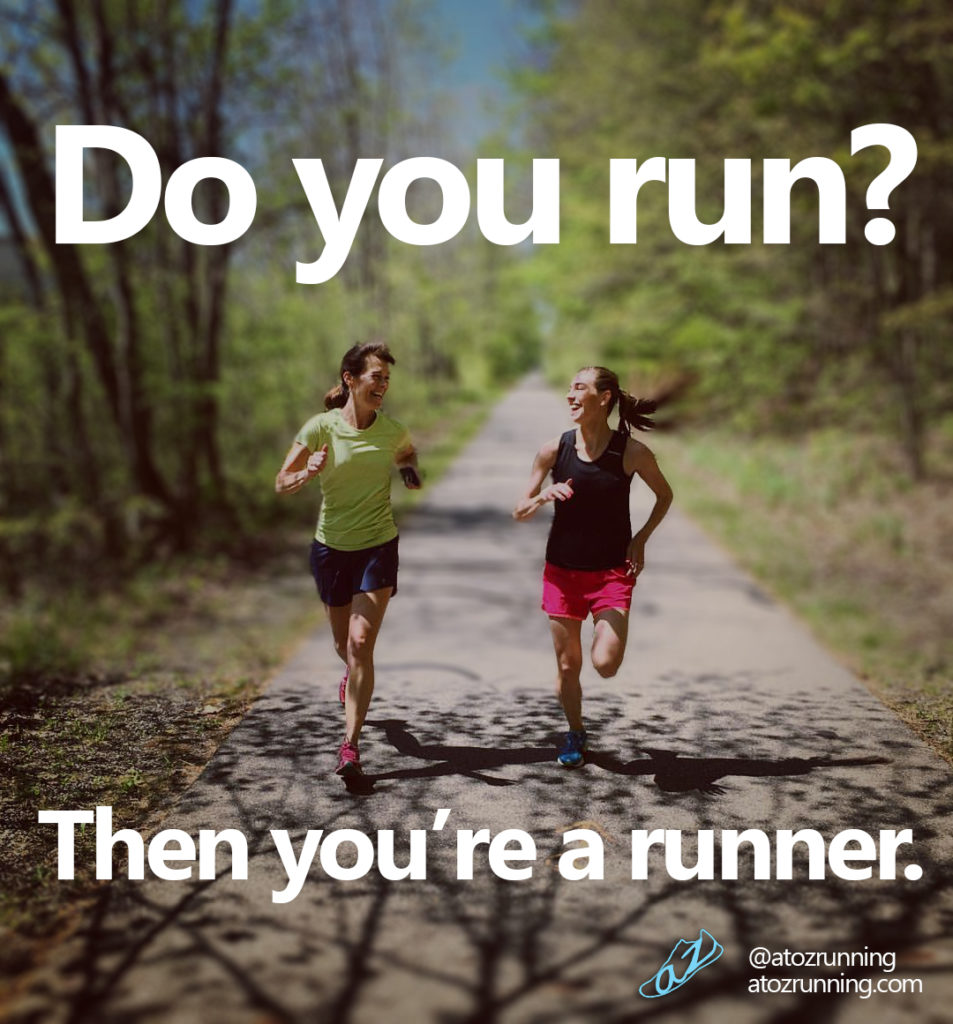
I’ve heard people worry over the use of the word “runner.” You probably have too. We say, “I call myself a runner, but I am not that fast. I don’t run consistently like other people do. Am I really even a runner?”
Do you run? Then you’re a runner. Long gone are the days of differentiation between a runner and a jogger (which, in Zach’s opinion, was always a pointless and petty argument at best). Own your status as a runner. You belong to the club.
Marathoner vs. Marathoner*
In the results of a marathon, there are no asterisks if an athlete walks. I’ve heard runners say, “I walked some of my marathon. I feel like I need to qualify my performance by sharing that detail.”
Did you go 26.2 miles? Did you cross the finish line within the time restrictions? You are a marathoner. You did it. Some strategies even call for walking in distance events (take, for instance, the Galloway Method). Some professionals even have to stop to nurse a cramp or tight muscle. Do what it takes to get to the finish line as quickly as you can.
Sub-Elite vs. Elite
Stipulations are fairly vague when it comes to what makes runners elite. I had never called myself an elite until I realized my times qualified me for elite entry at certain events. (TIP: Check to see if you qualify for elite entry.) In fact, it took me so long to realize this, I was winning races I paid to enter with the “elites” behind me. It was hard for me to get over my “imposter syndrome” to own my place as an elite.
Active vs. Injured

Who are we when we are not running due to injury? Are we still runners? I certainly have struggled with identity issues when out with an injury.
Even professional athletes can struggle with this. Professional status for running and all other sports comes with pressure. Although I cannot write from experience, I know enough professionals to share that there is a constant expectation for performance. If one gets hurt, sick, or injured, imposter syndrome can set in. Overcoming the external factors one cannot control and focusing on getting well right away is a lesson we can learn from those at the top.
I have reflections on injury in the article, How to Not Run.
If you’re currently battling injury, this could be a helpful read. You can also listen to Leah O’Connor’s interview with us on the A to Z Running Podcast about overcoming setbacks and Feeling Powerful Again.
Olympic Trials Qualifier vs. World Olympic Qualifier
Yes, I qualified for the Olympic trials (here is the report of the Chicago Marathon.) No, I don’t have a shot for a spot on Team USA.
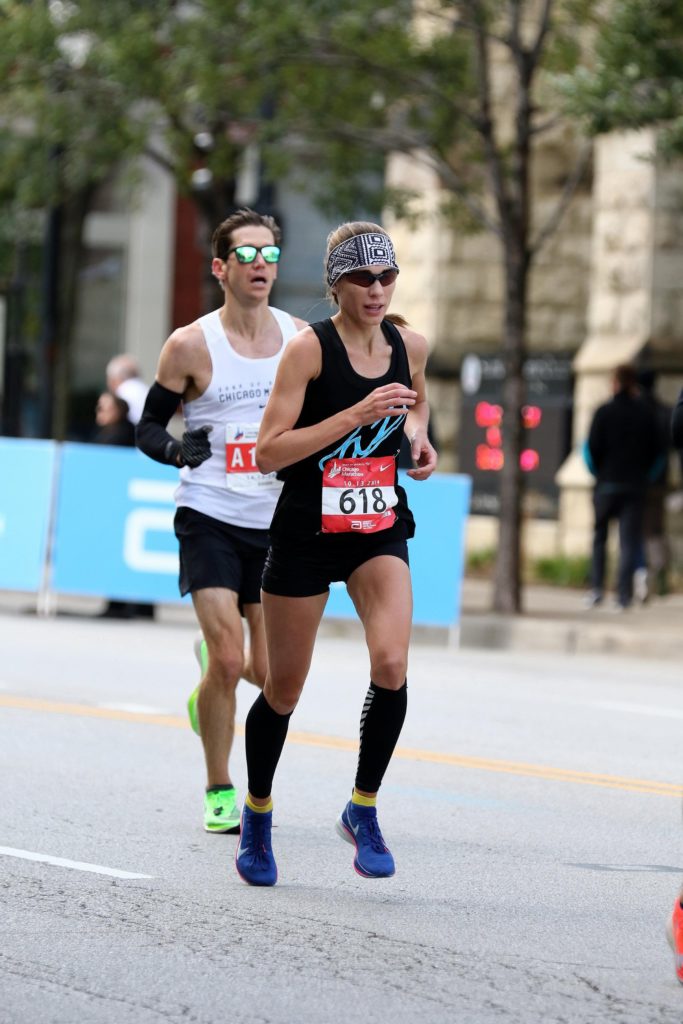
Besides being ranked 336th, I have not hit the World Olympic standard. Only those who have hit this time (or are ranked in the top some odd hundred globally) can be considered for a position on Team USA. I am constantly clarifying and self-deprecating as I explain this to others. I’ve also heard negative talk out there about athletes (including me) who are not really contenders.
How does this make me feel? Less excited, more insecure, and like an imposter. Instead, I want to toe the line with freedom and pride to compete at my highest level. I may not break into the top tier, but I am breaking my own barriers of what I previously thought possible.
Professional Runner vs. Professional ???
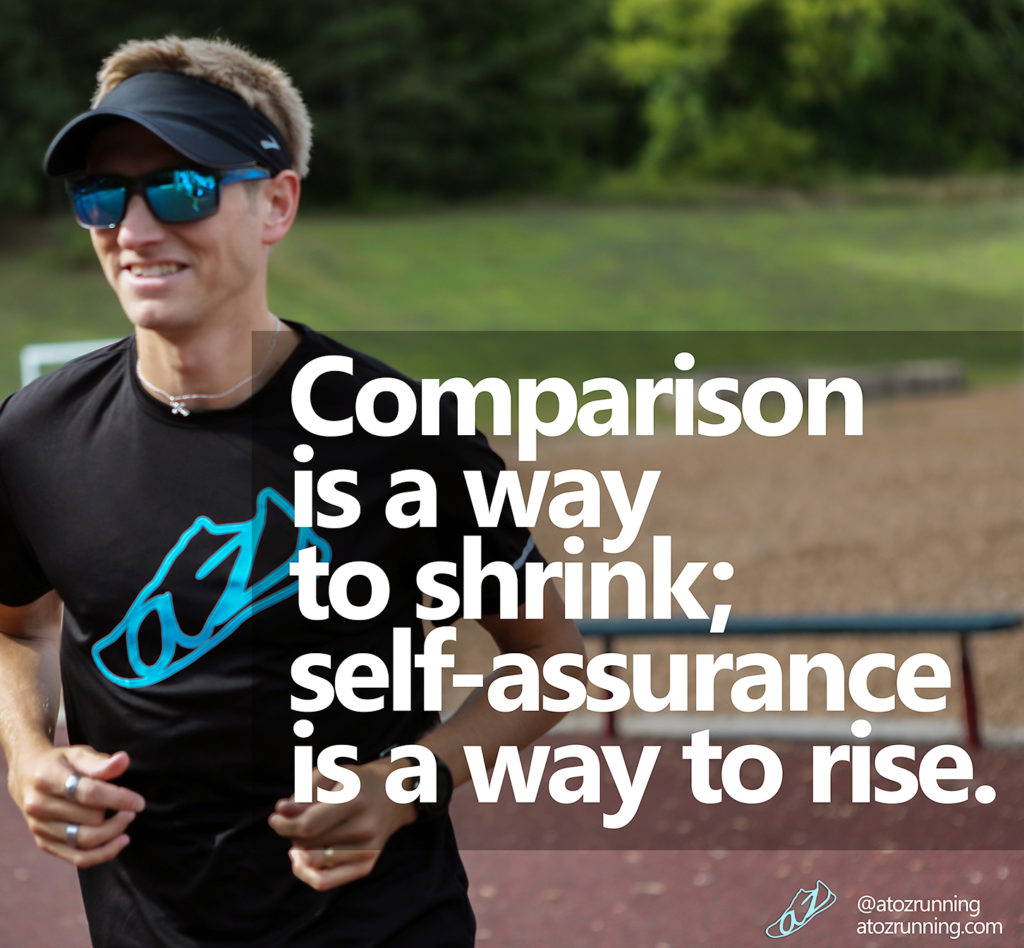
I was recently chatting with a world-renowned runner. I congratulated him (a gold medalist), he followed it up with the self-deprecation, “It’s just running.” Even at the very top of the sport, athletes may compare themselves to the prestige of those in other sports. Lesson to be learned: Imposter syndrome happens at EVERY SINGLE LEVEL.
Comparison is a way to shrink; self-assurance is a way to rise.
How can we cope with imposter syndrome?
Self-deprecation
We minimize our successes and belittle ourselves. What should we do instead?
Acknowledge our achievements while honoring the opportunities we’ve had and those who have helped us get there.
Self-justification
We over-explain our worth. In attempts to convince ourselves we belong, we process out loud trying to convince others. In this case, we often believe everyone is skeptical of us, and we are on the defense. What should we do instead?
Repeat core truths to yourself everyday. Doing this out loud, although it feels awkward at first, can be extremely valuable.
I am valuable.
I am loved.
I have purpose.
Hiding
We hesitate to share anything at all about our running. We have secret goals that we are afraid to speak out loud. What should we do instead?
Speak your goals out loud to yourself and gradually speak them to those you trust. Let someone in on the desired goal. Recognizing your goal is a positive step toward gaining more confidence and overcoming imposter syndrome.
Exaggeration
Often a response to feeling like an imposter is to manufacture or speculate on evidence to prove our status. For example, I had an outstanding performance (for me in the marathon), therefore I am capable of getting many outstanding performances in other distances that I have yet to attempt.
I exaggerate the implications of one race to measure my predictive success in other races that I feel validate my worth. What should we do instead?
Enjoy each good race (or run) with gratitude. Train and set goals that are realistic, knowing your potential. And keep your mouth closed about race potential you have yet to meet (I’m talking to myself here, too). I love the quote, “let your feet do the talking.”
Chin up my friends. Own your successes. Running doesn’t define your worth. You cannot be an imposter of your own personhood. Enjoy the journey wherever you’re at. Get after it with confidence.
One other resource that may help in processing imposter syndrome is making objectives that last.
We are in the process of putting together some giveaways! To be eligible, you must subscribe (for free)!

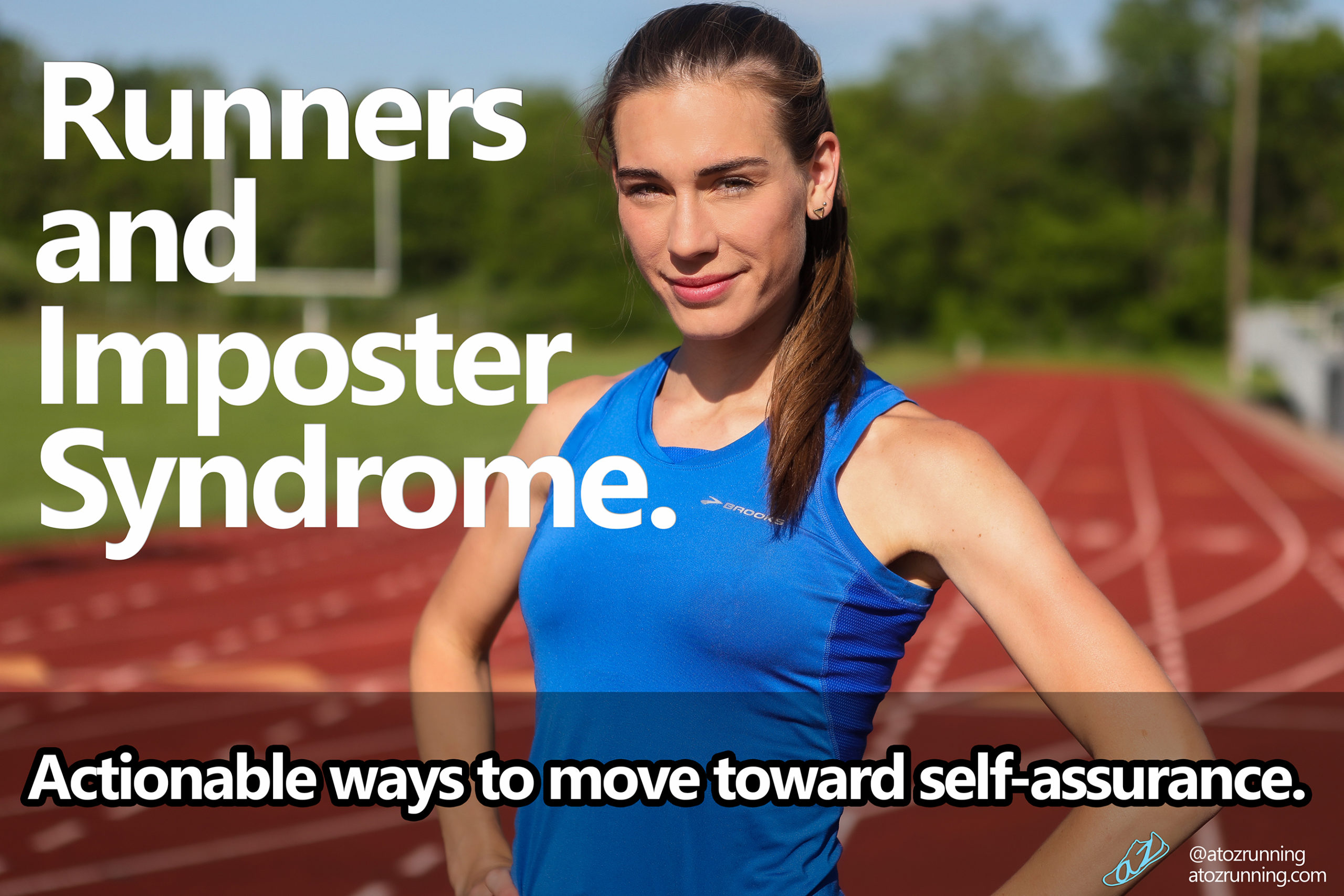

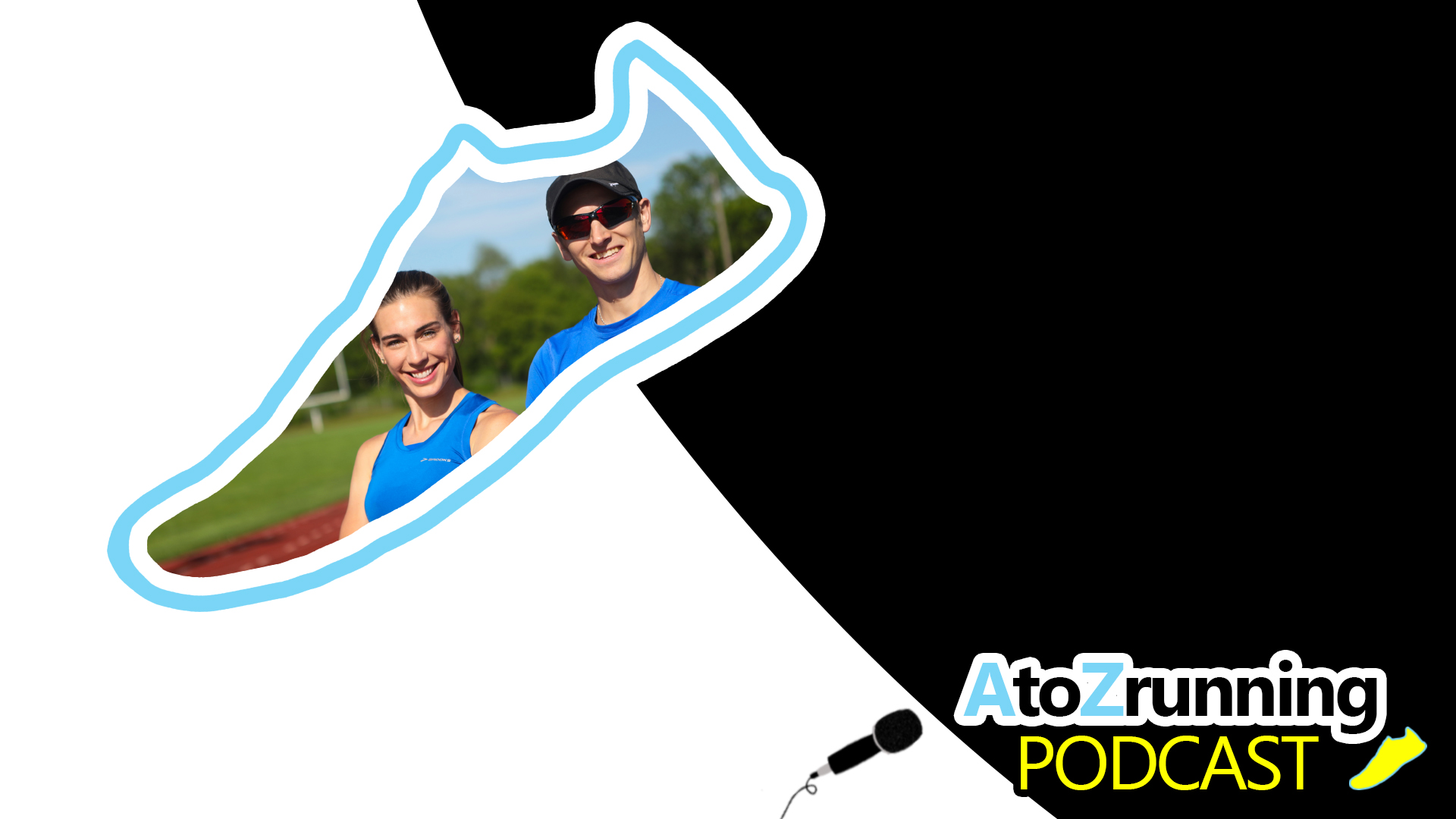
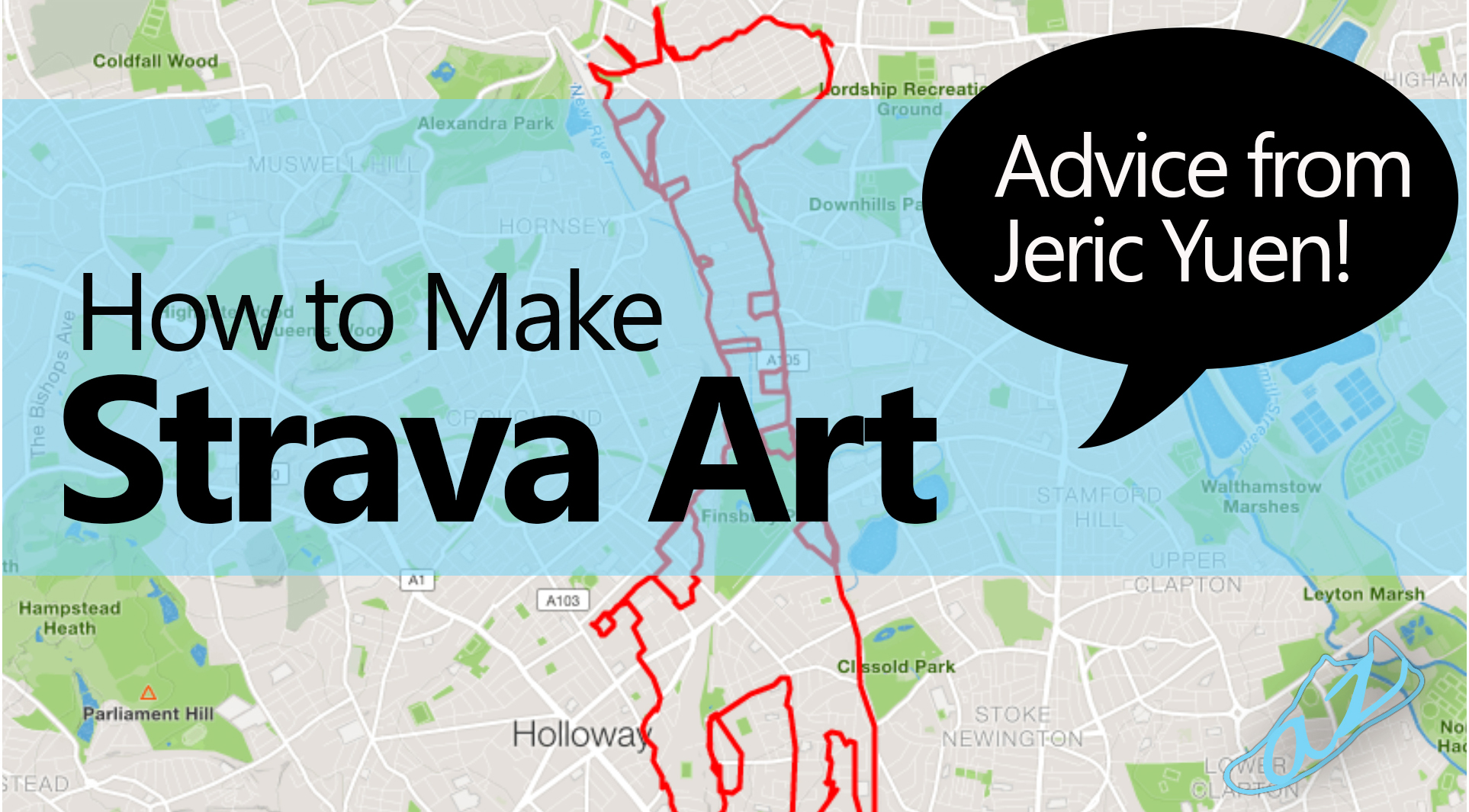

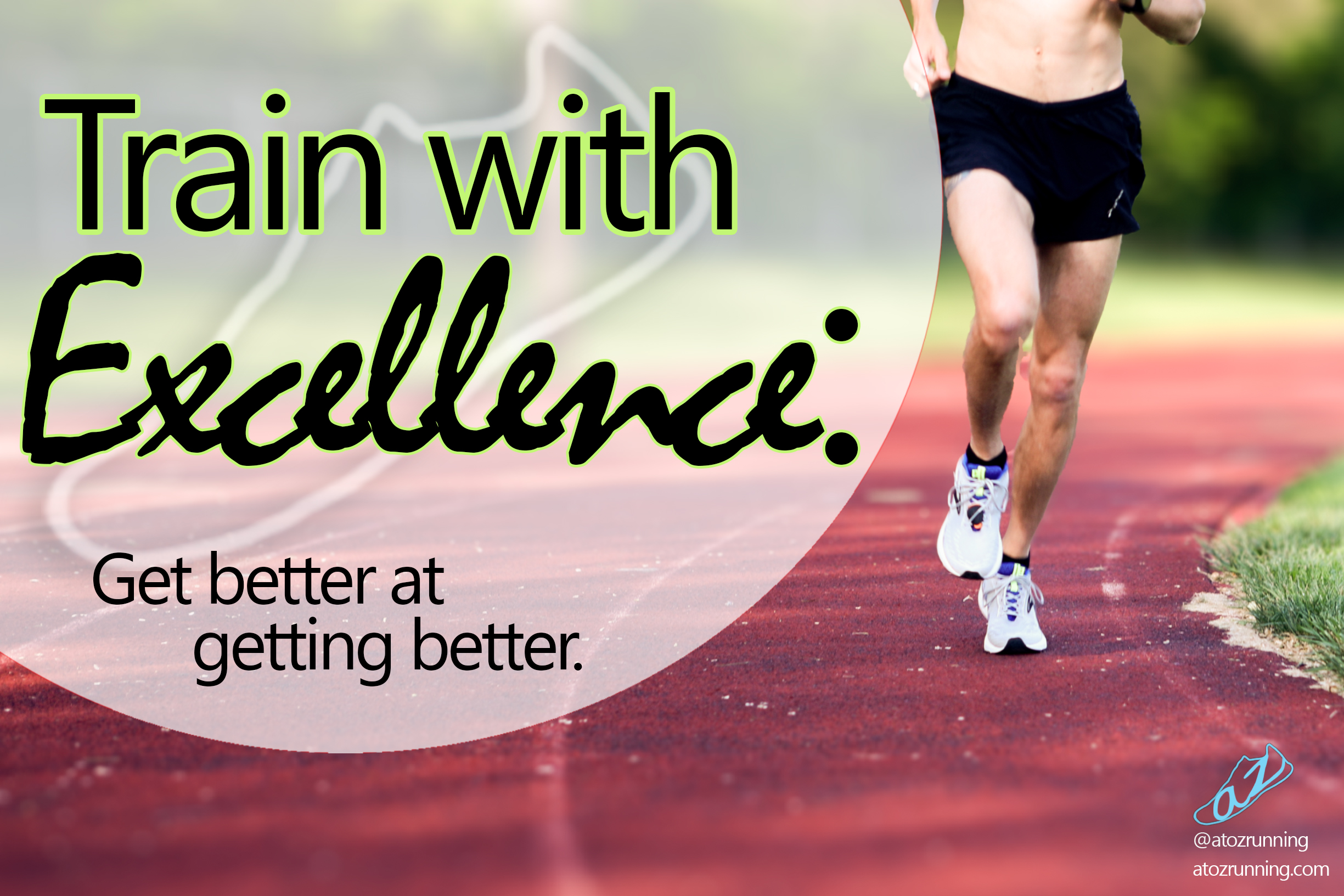
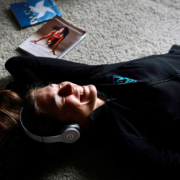



Leave a Reply
Want to join the discussion?Feel free to contribute!